Cell biology aims to understand the structure and function of individual cells, how they interact with their environment, and how cells coordinate with each other to form tissues and organisms. Additionally, cell biology strives to understand the functions of individual molecules within cells and how they interact with the intracellular environment.
Projects in our department explore: cellular and molecular pathways that drive cell proliferation, differentiation, signaling, migration, metabolism, autophagy, and more. We use different model systems for our studies, ranging from cell lines and organotypic cultures to various animal models and combine diverse experimental approaches including a wide variety of cell-based assays, quantitative microscopy, molecular biology, genetics and genomics, biochemistry, genome engineering and in vivo studies. A major focus of our studies is on understanding the underlying cause of wide-spread human disease including diabetes, cancer, inflammation and fibrosis.
More information on the individual projects can be found under the links below.
Faculty conducting research in these areas:
-

Michael Blower
Professor
Mitosis, transcription, chromatin structure
-
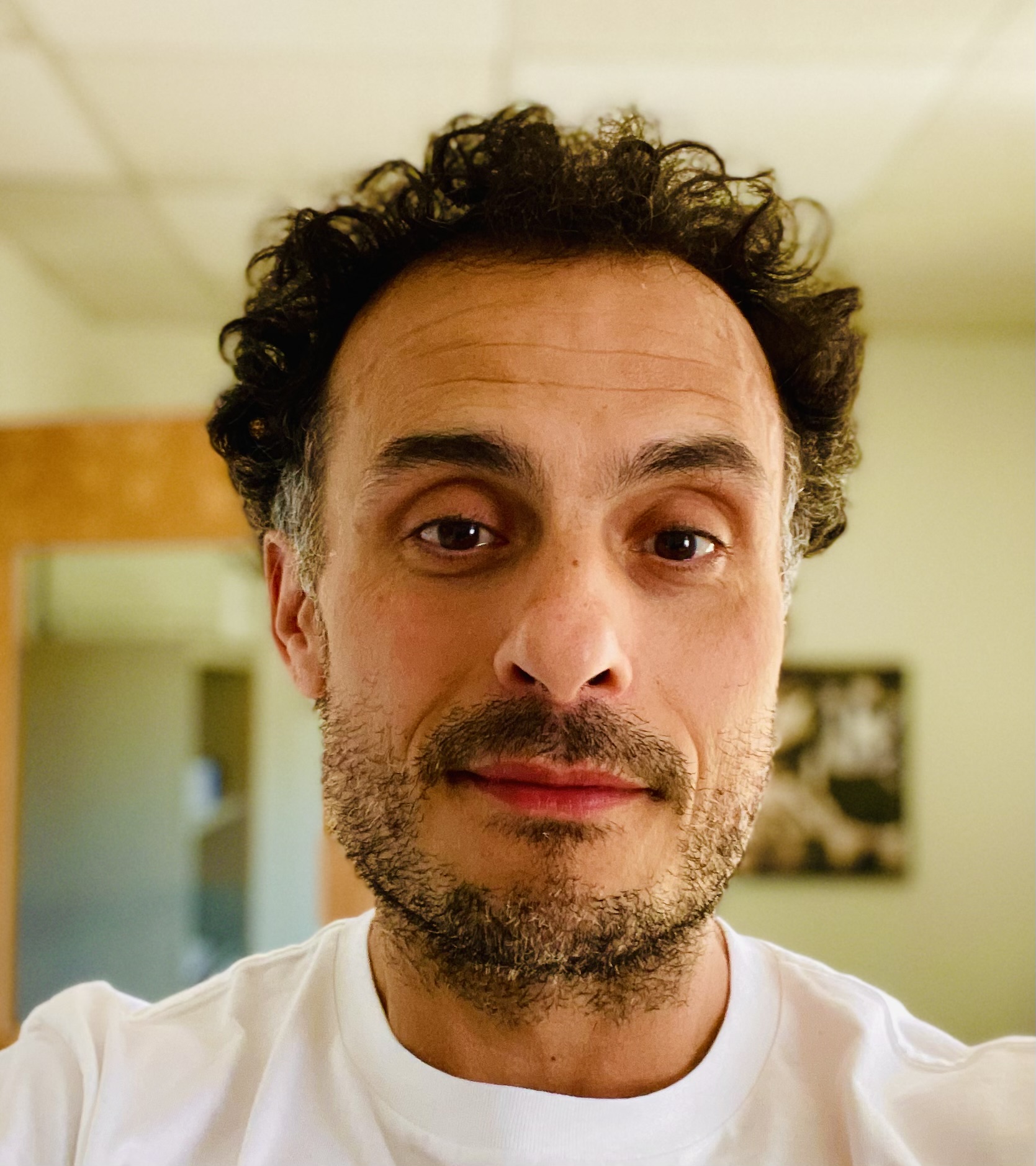
Mikel Garcia-Marcos
Professor of Biochemistry & Cell Biology
Professor of BiologyG protein signaling circuits in the molecular basis of disease
-

Stefan Isaac
Assistant Professor
Mitochondrial genome packaging and regulation
-
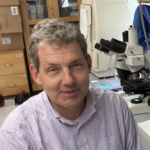
Matthew D. Layne
Associate Professor
Assistant Dean of ResearchMechanisms of adipose tissue fibrosis and mechanotransduction pathways
-

Shawn Lyons
Assistant Professor
RNA metabolism during stress
-
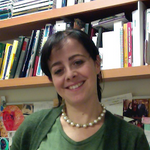
Valentina Perissi
Associate Professor
Genomic Regulation of Metabolism, Nuclear-Mitochondria Communication
-
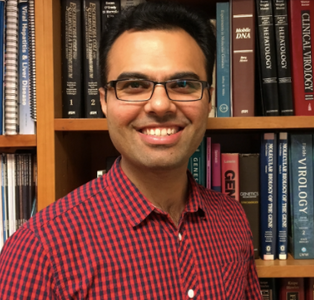
Mohsan Saeed
Associate Professor
Investigator, NEIDLRole of viral proteases in shaping virus-host interactions
-

Vickery Trinkaus-Randall
Professor
purinoreceptors, EGFR receptors, confocal imaging, wound repair, cell communication and migration
-
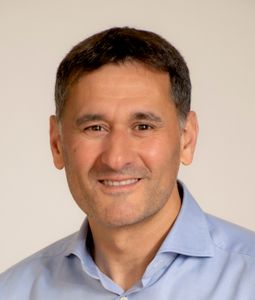
Xaralabos (Bob) Varelas
Professor
Hippo-YAP/TAZ Signaling, Lung Epithelial Biology, Cancer Biology, Tissue Regeneration and Fibrosis, Immune Cell Functions